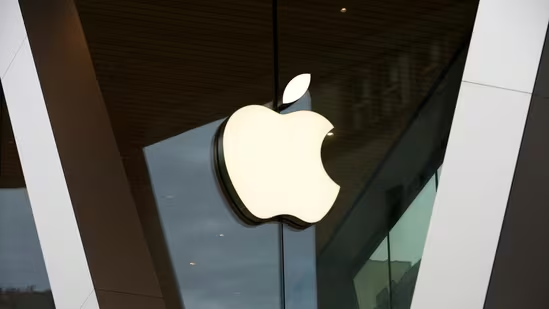In a landmark ruling, a London tribunal has found Apple guilty of misusing its dominant market position by charging excessive commissions to app developers through its App Store. The decision, announced by the Competition Appeal Tribunal (CAT), follows years of legal proceedings and could result in billions of dollars in compensation claims against the U.S. tech giant.
According to a report by Reuters, the tribunal concluded that Apple abused its dominant position between October 2015 and December 2020 by shutting out competition in app distribution and imposing unfair and excessive charges on developers.
Tribunal Finds Developers Overcharged
In its findings, the Competition Appeal Tribunal stated that app developers were overcharged because of the difference between Apple’s 30% commission and what was deemed a fair rate of 17.5%.
The ruling also noted that developers had passed on approximately 50% of this overcharge to consumers, meaning millions of iPhone and iPad users in the United Kingdom may have indirectly paid inflated prices for apps and in-app purchases.
The class-action lawsuit, filed on behalf of millions of UK iOS users, is valued at nearly £1.5 billion (about $2 billion). Legal experts suggest the decision could leave Apple liable for hundreds of millions of pounds in damages, depending on how compensation is calculated in upcoming hearings.
Apple’s Response and Appeal Plans
Reacting to the judgment, Apple confirmed it will appeal the verdict, claiming the tribunal’s assessment was flawed and did not reflect the competitive nature of today’s app market.
“This ruling takes a flawed view of the thriving and competitive app economy,” an Apple spokesperson said. “The App Store helps developers succeed and gives consumers a safe, trusted place to discover apps and securely make payments.”
A separate hearing is expected next month to determine how damages will be calculated and whether Apple will be granted permission to appeal.
Background: The Case Against Apple
The lawsuit was initially brought forward by Dr. Rachael Kent, a British academic and digital economy expert. She accused Apple of making “exorbitant profits” by maintaining a “100% monopoly position” in app distribution on iOS devices.
Her legal team argued that Apple’s policies — including restrictive developer terms and high commissions — unfairly blocked competition from alternative app stores and payment systems.
Apple has consistently denied these allegations, maintaining that its commission structure supports a secure ecosystem and ensures a consistent user experience across devices.
What the Ruling Means for Developers and Users
The tribunal’s decision is one of the most significant competition law judgments involving a major tech company in the UK. It adds to growing global scrutiny of Apple’s App Store business model, which regulators in both the European Union and the United States have also been examining for similar antitrust concerns.
If upheld after appeal, the ruling could set a major precedent, potentially forcing Apple to adjust its commission structure or allow alternative app marketplaces for iOS users in the UK.
Industry analysts believe this could benefit smaller developers, lower consumer prices, and influence ongoing cases against other major tech firms accused of similar anti-competitive behavior.
Next Steps in the Case
The Competition Appeal Tribunal is scheduled to reconvene next month to finalize damage calculations and review Apple’s application for appeal.
Legal observers say the outcome will determine how compensation is distributed to both developers and consumers affected by the overcharges.
Meanwhile, the ruling adds another layer of legal and regulatory challenges for Apple, which is already facing similar investigations in the European Union, Japan, and the United States over its App Store practices.
⚠️ Disclaimer:
This article is for informational purposes only and does not constitute legal or financial advice. All information is based on publicly available reports and tribunal findings.

